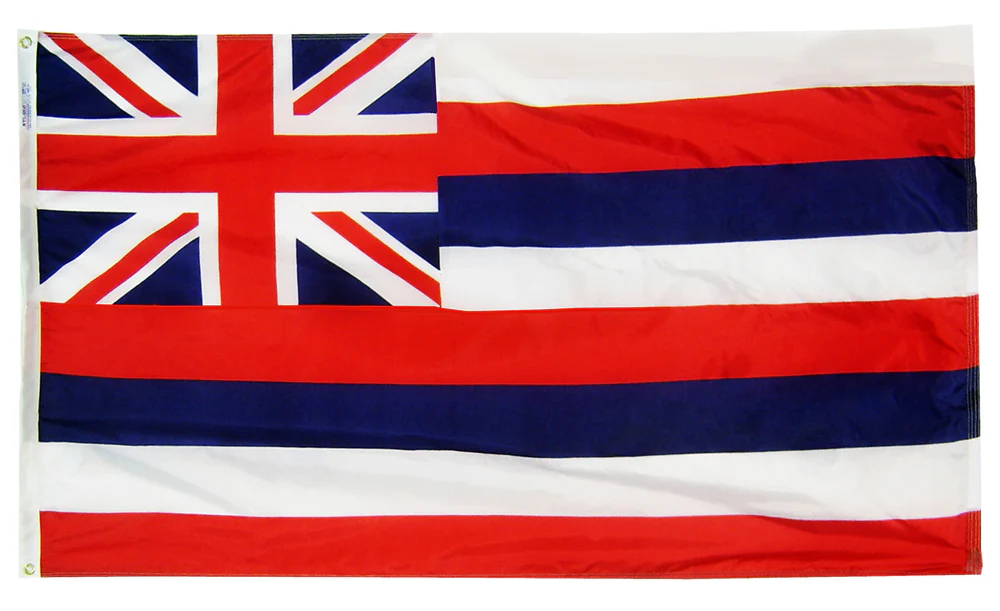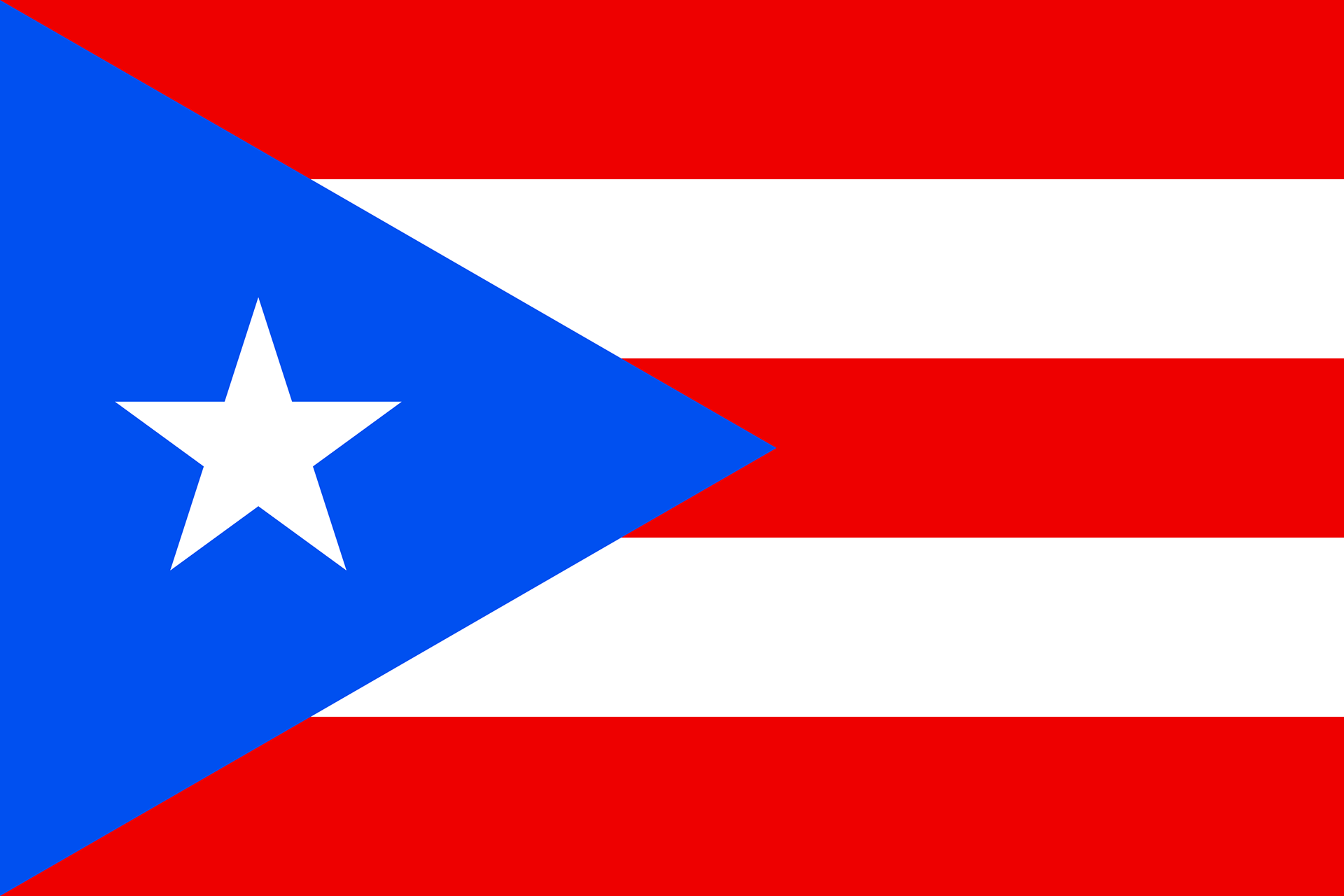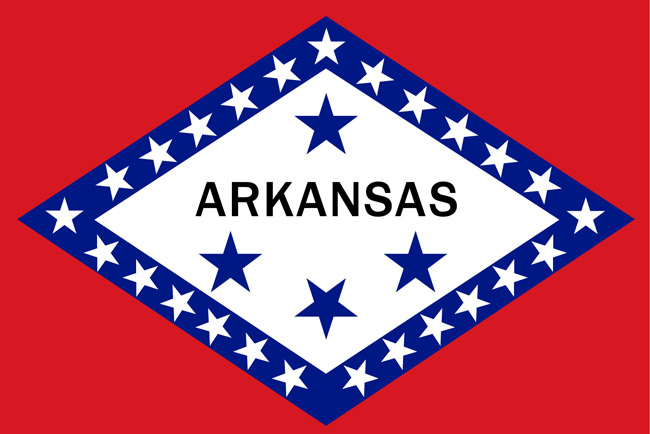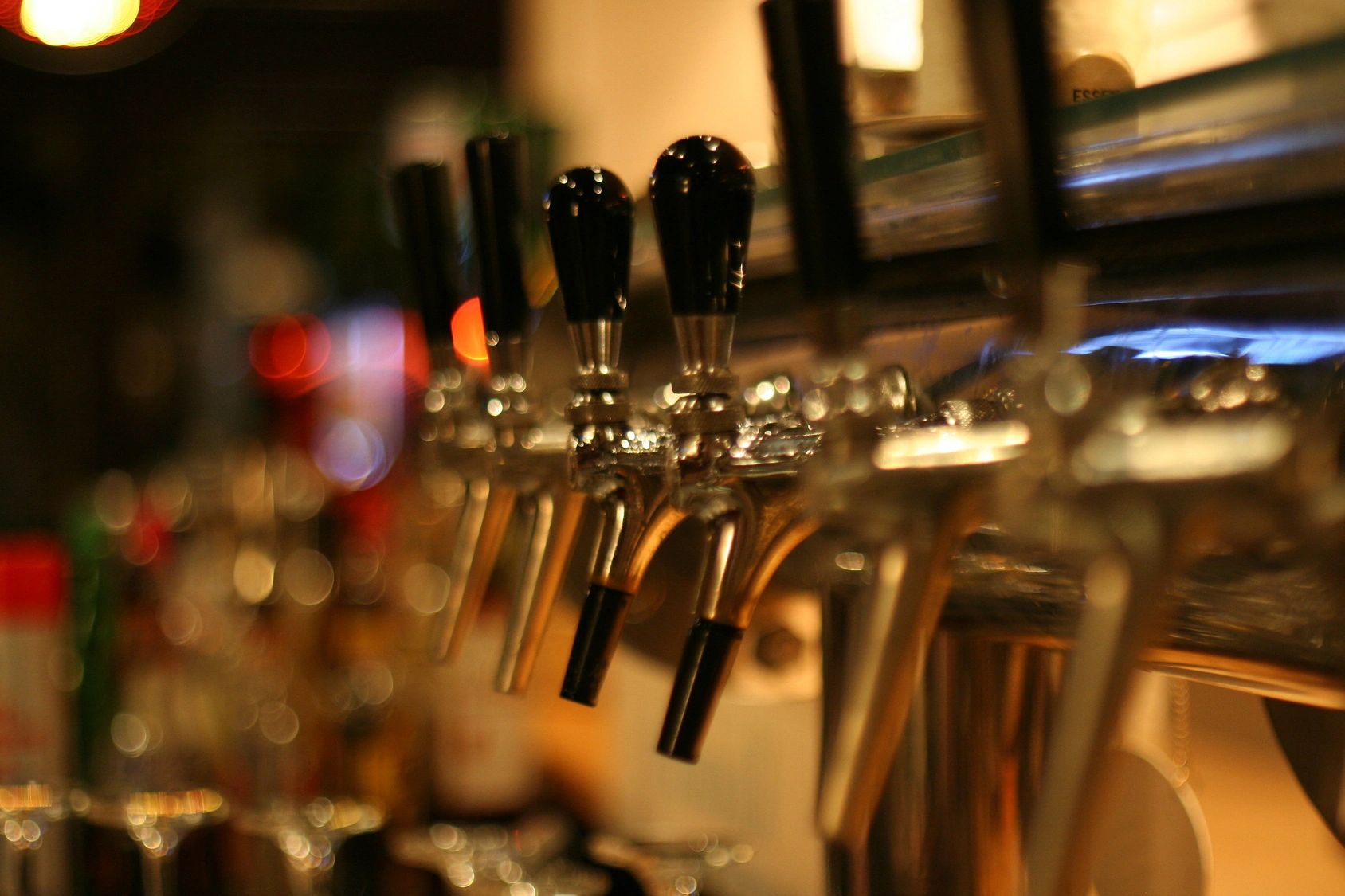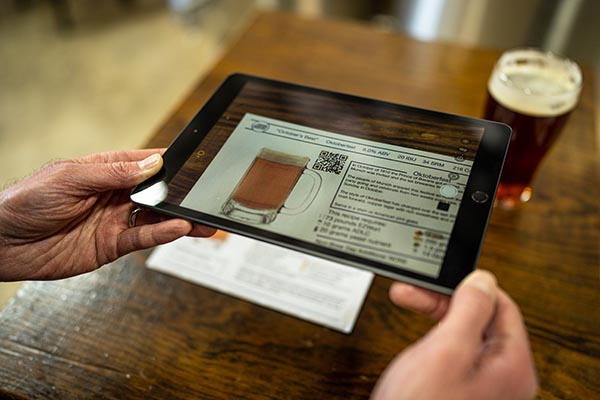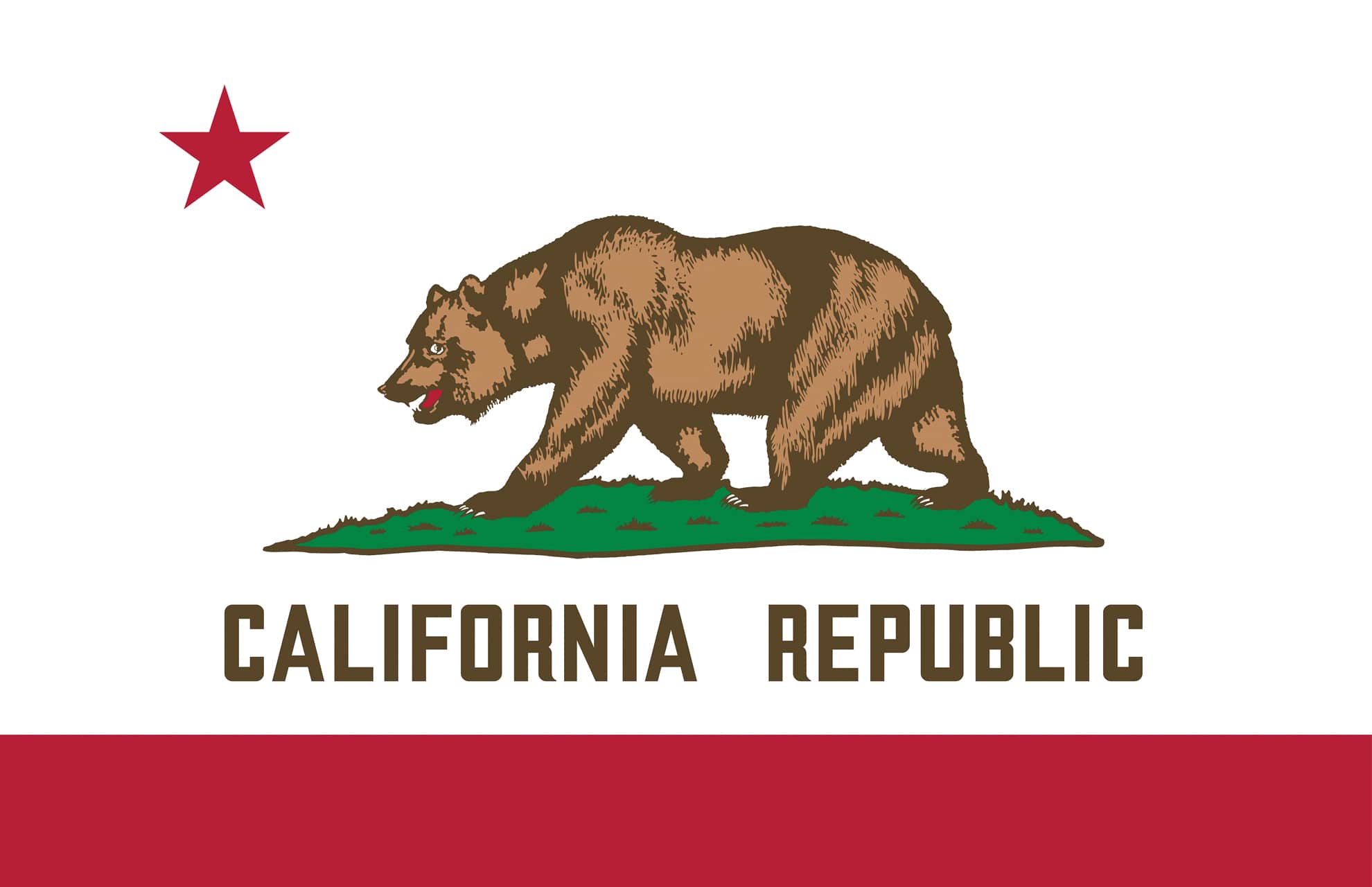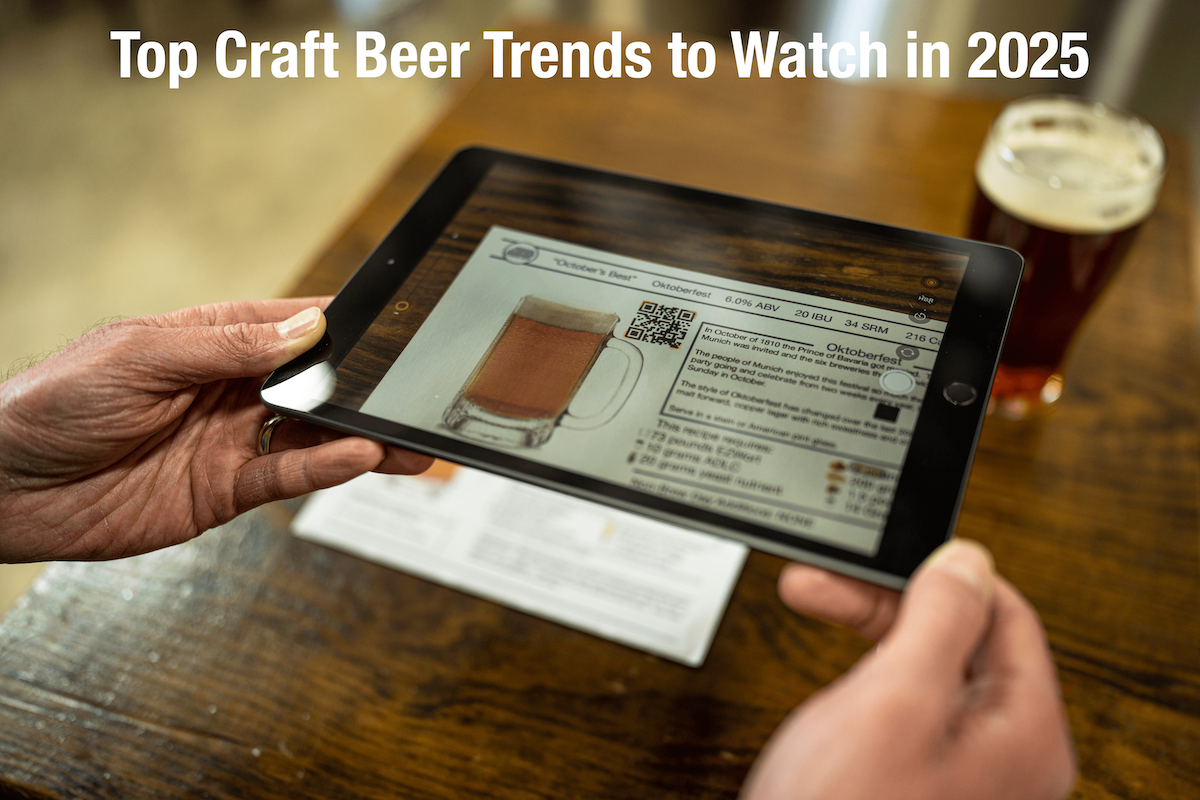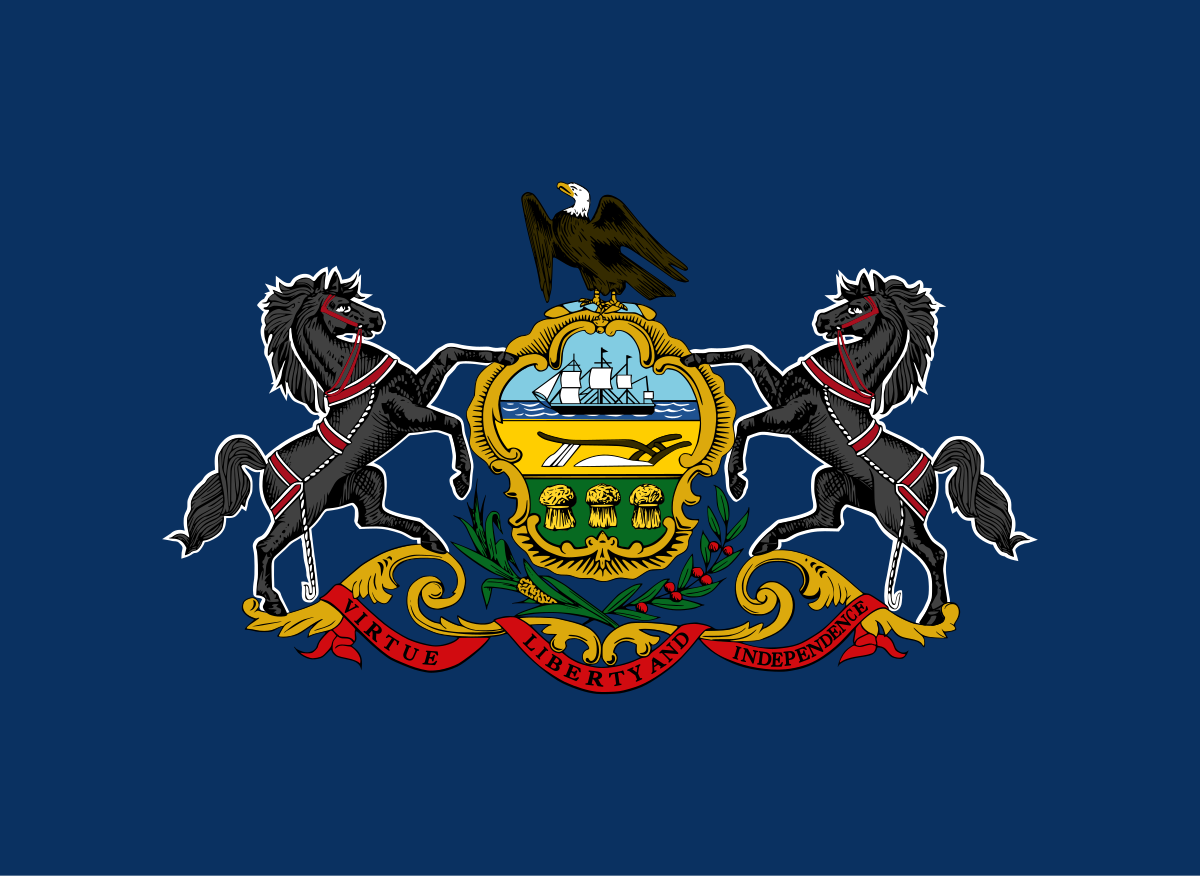Opening a brewery in Hawaii presents a unique blend of challenges and opportunities. The state’s vibrant tourism industry, coupled with a growing appreciation for craft beer, creates a promising market for new entrants. However, aspiring brewers must navigate complex regulatory landscapes and higher operational costs. This guide provides an overview of the key considerations for establishing a brewery in the Aloha State.
The Economic Opportunity
Hawaii’s craft beer scene is burgeoning, with local breweries like Maui Brewing Co. and Kona Brewing Company gaining national recognition. The state’s unique culture and tourism-driven economy offer a receptive audience for craft beer experiences. Despite the higher cost of living, the demand for locally brewed beer remains strong, making Hawaii an attractive location for new breweries.(en.wikipedia.org)
Understanding the Market
Hawaii’s beer market is characterized by high prices, driven by factors such as import costs and state taxes. For instance, a case of domestic beer averages $24.17 in Hawaii, compared to $16.43 in Illinois . This pricing dynamic creates an opportunity for local breweries to offer fresher, potentially more affordable options, appealing to both residents and tourists.(americancraftbeer.com)
Regulatory Landscape
Establishing a brewery in Hawaii requires compliance with both federal and state regulations.
Federal Requirements:
- Brewer’s Notice: Issued by the Alcohol and Tobacco Tax and Trade Bureau (TTB), this is essential for legal operation.
- Employer Identification Number (EIN): Obtained from the IRS for tax purposes.
- FDA Registration: Mandatory for facilities involved in food and beverage production.(en.wikipedia.org)
Accuracy in completing these applications is crucial, as errors can lead to significant delays or denial of licenses.
State Requirements:
The Hawaii Liquor Commission oversees state-level licensing. Requirements may vary by county, but generally include:
- Manufacturer License: Allows for the production of beer.
- Dispenser License: Permits the sale of beer on-premises.
- Wholesale License: Enables distribution to retailers.
Applicants must also comply with local zoning laws and obtain necessary health and safety permits.
Timeline and Planning
Prospective brewery owners should anticipate a timeline of 8-12 months to secure all necessary permits and licenses. This period accounts for application processing, inspections, and potential revisions. Early engagement with regulatory bodies and thorough preparation can help streamline this process. It is vital to ensure accuracy when completing applications. Any errors can cause significant delays and even the denial of a license.
Operational Considerations
Location: Selecting a site with high foot traffic, such as tourist areas or urban centers, can enhance visibility and sales.
Supply Chain: Given Hawaii’s geographic isolation, working with EZBrew offers a major advantage—by sourcing all your brewing ingredients, equipment, and supplies from a single U.S.-based provider, you can streamline logistics and significantly reduce shipping costs and delays.
Staffing: Hiring experienced personnel familiar with brewing operations and customer service is vital for success.
Partnering with EZBrew
Collaborating with a reputable equipment provider is essential for efficient brewery operations. EZBrew, a U.S.-based company, offers:
- Customized Brewing Systems: Tailored to meet specific production needs.
- Installation and Training: Comprehensive support to ensure smooth setup and operation.
- Regulatory Compliance Assistance: Guidance on meeting federal and state requirements.
Partnering with EZBrew can provide the technical expertise and support necessary to establish a successful brewery in Hawaii.
Opening a brewery in Hawaii offers a unique opportunity to tap into a dynamic market with a strong demand for local craft beer. By understanding the regulatory landscape, planning effectively, and partnering with experienced professionals like EZBrew, aspiring brewers can navigate the challenges and establish a thriving business in the Aloha State.

